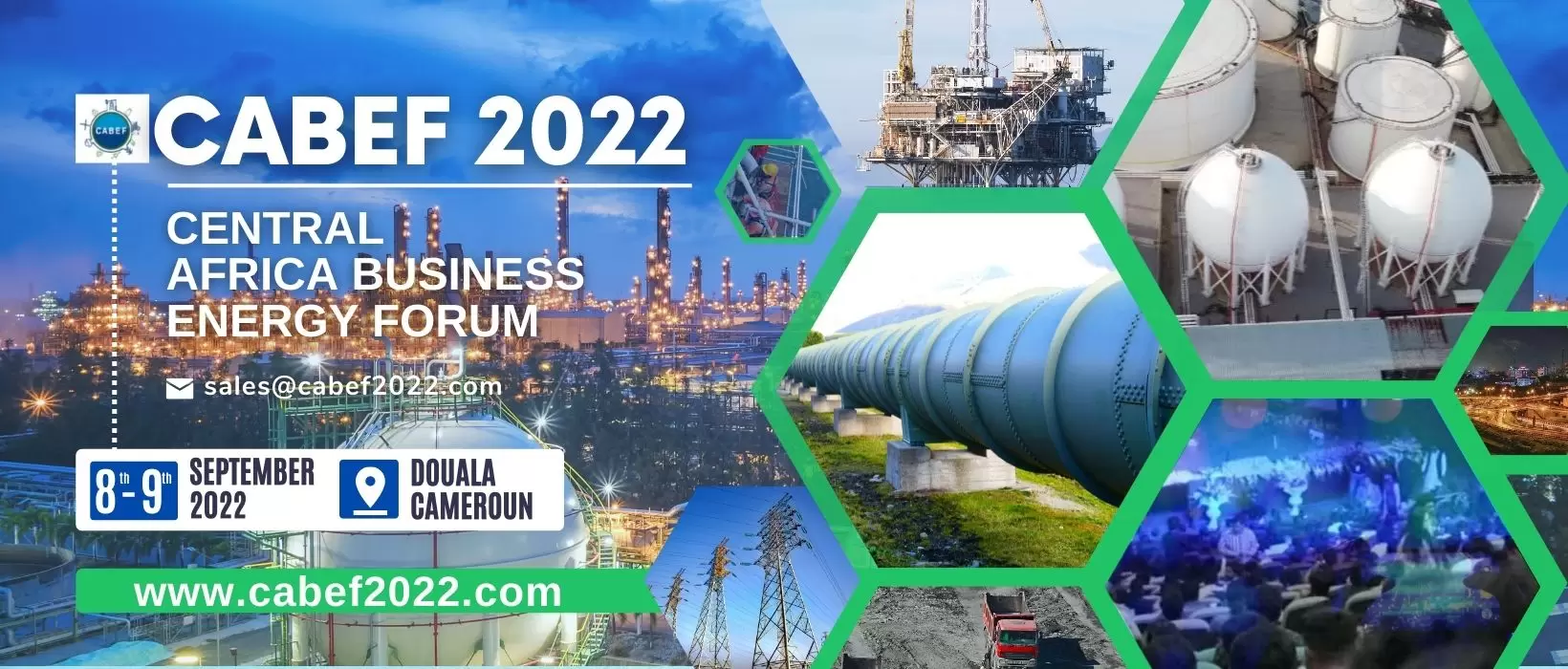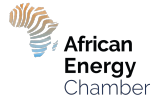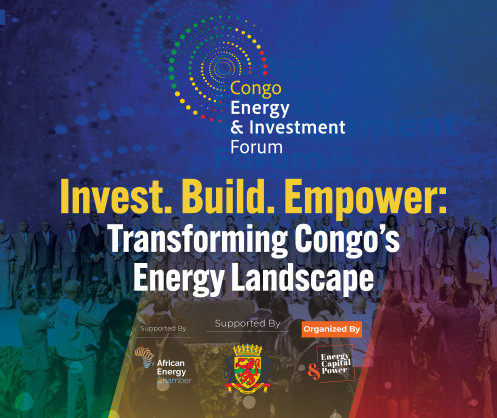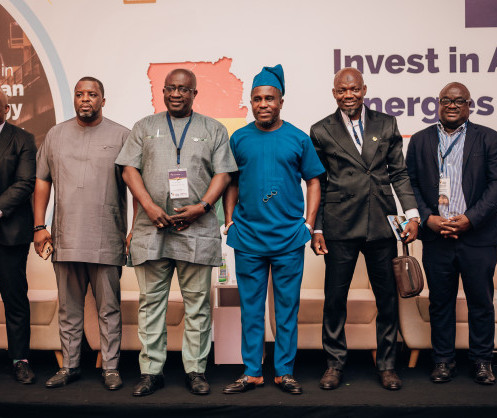
The African Energy Chamber strongly supports the Central Africa Business Energy Forum as the event moves to maximize investment towards oil and gas exploration and production in pursuit of eradicating energy poverty once and for all
JOHANNESBURG, South Africa, September 6, 2022/APO Group/ —
In 2022, it is imperative for Africa to prioritize regional cooperation and collaboration if the continent is to realize its goal of making energy poverty history by 2030. For both producing and non-producing nations, tackling the energy crisis together will not only ensure everyone on the continent has access to electricity but that a new era of socioeconomic growth is ushered in, an era that brings new levels of job creation, industrialization and energy security.
In pursuit of regional cooperation, the African Energy Chamber (AEC) is proud to officially endorse the upcoming Central Africa Business Energy Forum (CABEF), which takes place from September 8 – 9, 2022, in Doula, Cameroon. Under the theme, “Building Oil and Gas Infrastructure to End Energy Poverty in Central Africa by 2030”, this year’s edition of CABEF will unite the Central African sub-region’s energy players and policymakers to discuss the challenges and opportunities within the region’s burgeoning hydrocarbon sector.
Comprising massive oil and gas resources, Central African Economic and Monetary Community (CEMAC) countries have exceptional energy production potential. However, due to aging infrastructure and the low level of investment across the entire oil and gas value chains, energy access rates in the region have remained low and economic growth restricted. In 2022, as CEMAC countries aim to reverse this trend, forums such as CEBAF 2022 will be key, as it represents the best platform where discussions will be held on how to boost investment for optimal oil and gas exploration and production and make energy poverty history once and for all.
We hope to see discussions around improved cooperation among CEMAC countries to address key energy sector barriers including a lack of financing and infrastructure gaps
While driving regional cooperation is key, the lack of adequate investments across the entire oil and gas value chain, as well as the unproductive and investment-deterring forex rules introduced by the Bank of Central African States continue to restrain energy trading and monetization, as well as the flow of energy investments into the region. Unless addressed, these policies will prevent any meaningful progress of making energy poverty history. With CEBAF 2022 representing the official meeting place where regional energy leaders can discuss challenges such as those these policies bring, the AEC is strongly advocating for the revision of these policies to ensure sustainable development and cross border trading of energy resources.
“With CEMAC countries targeting to achieve universal access to electricity as well as energy independence and security, the region’s vast yet untapped oil and gas resources not only provide an opportunity to realize these goals but will be key for improving regional energy security and socioeconomic growth,” states NJ Ayuk, the Executive Chairman of the AEC, adding that, “CABEF presents an ideal platform where CEMAC leaders can discuss investment deals with both continental and international parties, paving the way for industry growth and optimal utilization of local resources for GDP growth. We hope to see discussions around improved cooperation among CEMAC countries to address key energy sector barriers including a lack of financing and infrastructure gaps across the upstream, midstream and downstream sectors.”
With Gabriel Mbaga Obiang Lima, Minister of Mines and Hydrocarbons of Equatorial Guinea, launching the landmark Central African Pipeline System (CAPS) at MSGBC Oil, Gas & Power 2022 last week, a new era of regional market growth is on the horizon. For mature producers such as the Republic of the Congo and Equatorial Guinea, CAPS will connect these countries to regional markets, while for emerging producers such as Gabon, Cameroon, Central African Republic and Chad, the opportunity to tap into new reserves while strengthening their own hydrocarbon exports. With the introduction of CAPS – expected to be presented at CABEF by relevant energy ministers – new opportunities for job creation, increased youth participation and local service company involvement awaits.
“It is imperative, now more than ever, to have a region with a pipeline. CAPS aims to do just that, connecting the resource-rich region while bringing new opportunities for youth in energy. For CEMAC and the African continent as a whole, improving the participation of youth will be key for addressing energy poverty and driving socioeconomic growth,” Ayuk continued.
The opportunities introduced by CAPS will only be further driven by the suite of oil companies active in the region.
Regional and international players to the likes of TotalEnergies, ExxonMobil, Perenco, bp, Vaalco, Eni, BW Offshore, Kosmos Energy, Tower Resources, and Chevron, with an already strong foothold in the region, represent key partners for regional producers. Driving exploration campaigns, bringing online new production platforms while improving infrastructure developments and exports, these companies have and continue to strengthen the Central African energy sector. Now, as the region consolidates its position as a leading oil and gas market, the ongoing commitment of these companies will be integral for unlocking the future of Africa’s energy sector.




